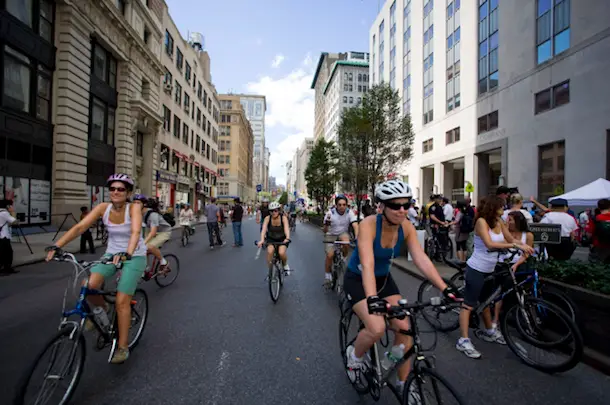Somewhere in the tangle of urbanization, workforce mobility, housing affordability, gentrification, land use efficiency, transit access, economic opportunity and neighborhood social networks lies your bed. Yes, your bed. Where you sleep. From the moment you open your eyes there, your particular housing situation controls each and every lever of these variables.
On a global scale, the way we live is rapidly changing. Certain familiarities like the single family suburban home may sink into the past. New models of sustainable habitation will emerge. The changing face of housing will influence every corner of our lives, from neighborhood social networks to the stability of our global economic networks.
It’s a big, complicated, and deeply personal issue. Despite quagmires of economic meltdown and real estate market collapse, the future of housing should be a source of optimism. For the first time in recent memory we are downsizing our homes, moving closer to city centers, and demanding cohesive, walkable neighborhoods. Whether government regulators and private developers will read the writing on the wall is still to be determined.
I’m going to be sharing my thoughts on ‘The Changing Face of Housing’ during the next #citytalk tweetchat, which will be hosted by This Big City’s Joe Peach and Future Cape Town‘s Rashiq Fataar (if you’re wondering what a tweetchat is, imagine the twitter equivalent of a raucous bar room table of urbanists sparring over big ideas – and you have a seat reserved at the table. Or you can click here to find out more).
The discussion happens on February 13th at 7.00PM GMT / 8.00PM CET / 9.00PM SAST / 2.00PM EST. With contributors located in London, Cape Town and Copenhagen, and Gavin Silber of Cape Town’s Social Justice Coalition also joining the chat, the discussion will be as lively as it is geographically distributed.
We look forward to diving into the big questions with you.


